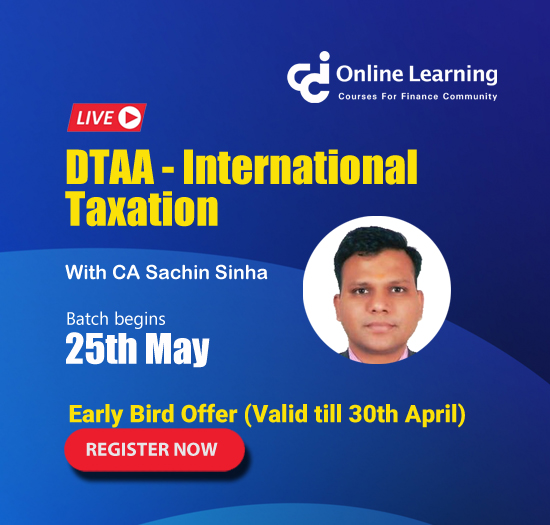S.9(1)(vi)(b) of the Income Tax Act, 1961 ("The Act") provides that income by way of royalty payable by a resident except where the royalty is payable in respect of any right, property or information used or services utilized for the purpose of a business or profession carried on by such person outside India or for the purpose of making or earning any income from any source outside India, is royalty and is deemed to accrue or arise in India and consequently taxable in India requiring deduction of tax under s.195 of the Act at applicable rate.
As regards payment made to a non-resident Indian who is a resident of a country with which India has DTAA (which most frequently will be the case), the taxation thereof will be governed by Article 12 or other article corresponding to Article 12 of OECD or UN Model Tax Conventions. Both model Conventions define ‘royalties’ as payments of any kind received as a consideration for the use of, or the right to use, any copyright or literary, artistic or scientific work including cinematograph films, any patent, trademark, design or model, plan, secret formula or process, or for information concerning industrial, commercial or scientific purpose. Double Taxation Avoidance Agreements based on UN Model Convention allow taxing of royalty in the state in which they arise i.e. if an Indian resident needs to pay such amount to the resident of another contracting state, India will have right to tax at specified rate and consequently, deduction needs to be made u/s.195.

There had been a long-standing and unnecessary debate about the self-evident aspect of payment will be a payment of royalty and thus taxable partially in India and what payment will be for purchase of goods and thus not taxable in India. The debate was there as regards payments made by resident Indians, end users or distributors to non-resident computer software suppliers for the distribution or use of computer software and whether they were liable to taxation in India under section 9(1)(vi) or DTAA and consequently necessitating deduction under section 195 of the Act.
Supreme Court of India has finally settled all debates by a land mark judgment in the case of Engineering Analysis Centre of Excellence Pvt. Ltd. in March, 2021. Judgment covered 86 appeals and dealt with the issues pertaining to payments by (1) Resident Indian buyers of computer software who directly purchase the software from the foreign non-resident supplier; (2) Resident Indian distributors or resellers who purchase software from foreign non- resident suppliers or manufacturers for resale to Indian end users; (3) Foreign vendors, who after purchasing software from other foreign vendors, resell the same to Indian resident end users or distributors and (4) Foreign suppliers who affix software onto hardware and sell the same as integrated equipment to Indian resident end users or distributors.
While the judgment is a lengthy one dealing with OECD/ UN Model Conventions, commentaries, clarificatory amendments under the Act, without going into the reasoning portion, important propositions of SC judgment could be summarized as under:
1. In case of grant of non-exclusive and non transferable license to a distributor resell computer software, there is no copyright transferred to distributor or the end user and no deduction of taxu/s.195 will be required. Payment by a distributor to a foreign supplier in such case is the price of copy/ copies of the computer program as goods.
2. In case of an end user being granted with a license only to use the computer program by installing it in the computer hardware but not for reproduction of the same for sale or transfer, it did not amount to a license under section 30 of Indian Copyright Act, 1957 and payment for such license is not royalty and no deduction of tax under section 195 will therefore be required.
3. Transfer of all or any rights as mentioned in Indian Copyright Act, 1957 is a sine qua non for the payment to qualify as ‘royalty’ requiring deduction of tax under section 195.
* Above information is for general purposes only. Readers should contact their attorney to obtain advice with respect to any specific legal matter. No reader or user should act or refrain from acting on the basis of the information written above without first seeking legal advice from qualified law practitioner.





 CAclubindia
CAclubindia


